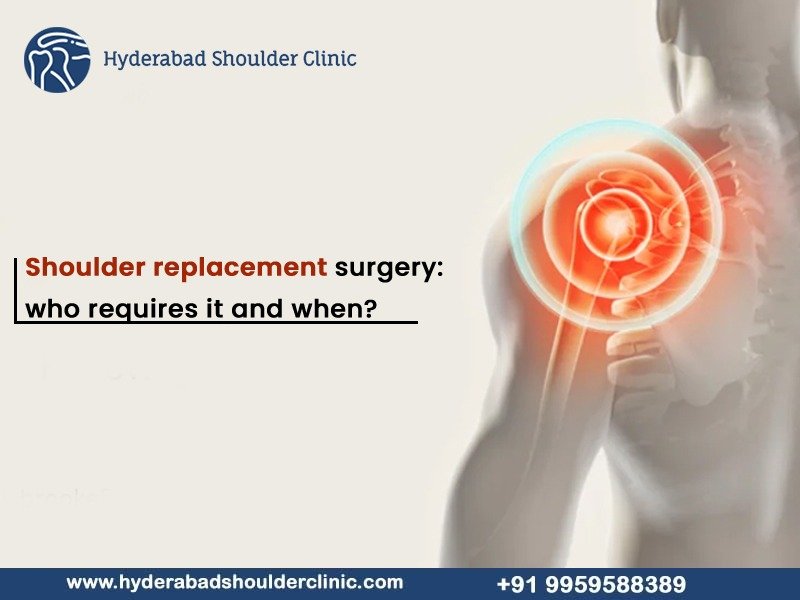Sleeping positions after shoulder surgery in Summer: Reduce pain and improve healing quickly
Shoulder surgery is typically suited for individuals who meet certain criteria based on their specific shoulder conditions and overall health. Dr.Chandra Sekhar B performs shoulder surgery in the following cases:-…











